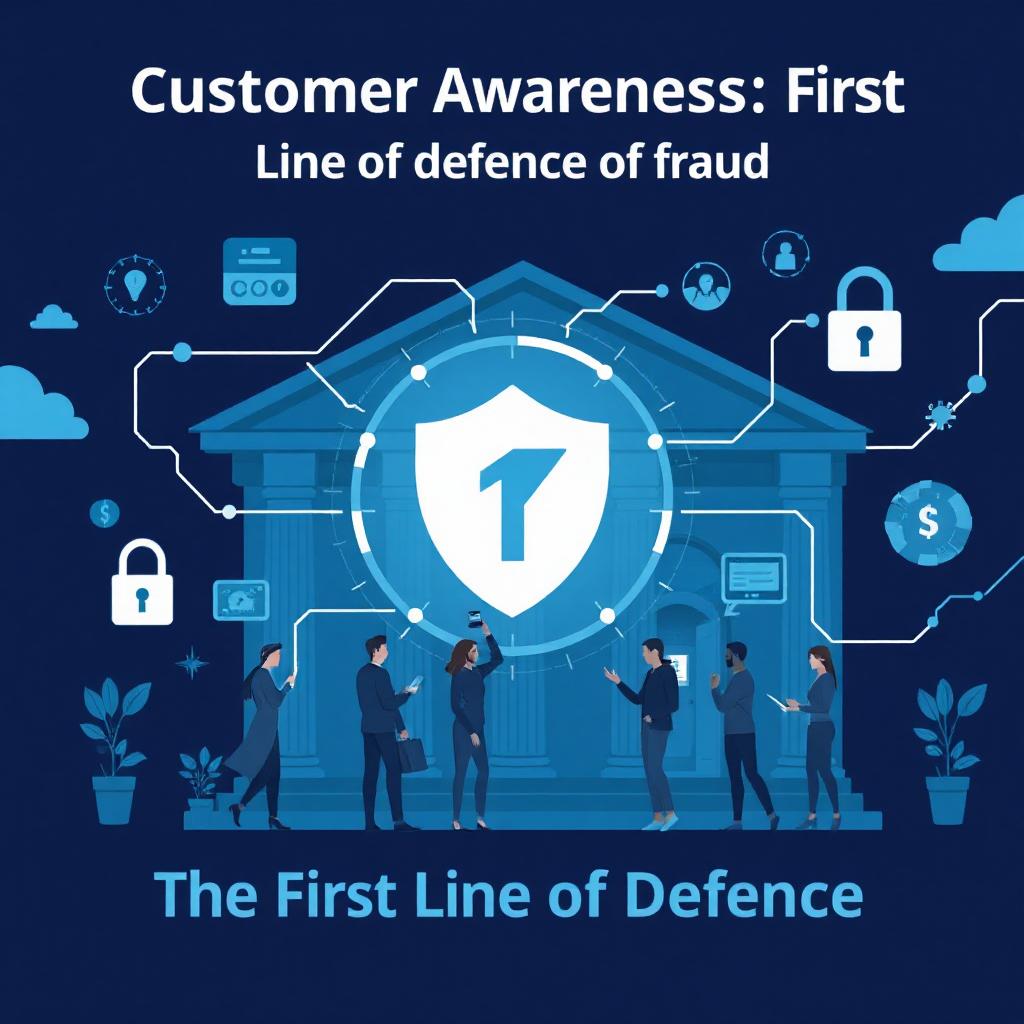In today’s digital age, financial institutions are constantly battling a rising tide of cyber threats. While robust security measures are essential, customer awareness and education play a crucial role in preventing fraud. By empowering customers with knowledge, financial institutions can create a stronger defence against cyberattacks.
The Importance of Customer Awareness
Customer awareness is a vital component of a comprehensive cybersecurity strategy. Educated customers are less likely to fall victim to phishing attacks, malware, and other cyber threats. By understanding the tactics used by cybercriminals, customers can take proactive steps to protect their financial information.
Key Areas of Customer Education
- Phishing Awareness:
- Educate customers about the tactics used by phishers, such as spoofing legitimate websites and sending urgent emails.
- Advise customers to be cautious of unsolicited emails, SMS messages, and phone calls, especially those requesting personal information or urging immediate action.
- Encourage customers to verify the sender’s email address and look for any spelling errors or unusual formatting.
- Advise customers to never click on links or download attachments from unknown or suspicious sources.
- Password Hygiene:
- Encourage customers to create strong, unique passwords for each online account.
- Advise customers to avoid using easily guessable information, such as birthdays or pet names.
- Promote the use of multi-factor authentication (MFA) to add an extra layer of security.
- Secure Online Banking Practices:
- Advise customers to access their bank’s website directly through their browser, rather than clicking on links in emails or messages.
- Encourage customers to use secure Wi-Fi networks when accessing online banking services.
- Advise customers to be cautious when using public Wi-Fi and avoid conducting sensitive financial transactions.
- Mobile Security:
- Encourage customers to download mobile banking apps only from trusted sources, such as official app stores.
- Advise customers to keep their mobile devices updated with the latest security patches.
- Encourage customers to use strong passwords and biometric authentication for their mobile banking apps.
By investing in customer education and awareness programs, financial institutions can empower their customers to make informed decisions and protect themselves from cyber threats. By working together, financial institutions and their customers can build a stronger defence against cybercrime.
Customer awareness is a critical component of a comprehensive cybersecurity strategy. By educating customers about the latest threats and best practices, financial institutions can empower them to protect their financial information and reduce the risk of fraud.




